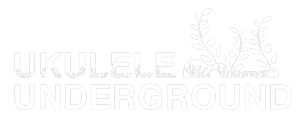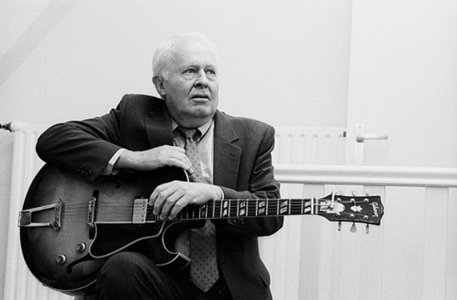As far as "cowboy chords," I suppose it would depend on the context/genre/style. Certain folky-type songs seem to sound better when played with first position chords with open strings that ring out. Swing songs seem to sound better with closed chords, that can be muted more easily.
Slightly off topic, but... I had a UU lesson with Aldrine a while back (only one, and it's not his fault, just that I felt I couldn't commit to the practice to do them justice, but that's even more off topic) and this was what I asked about. I said I wanted to learn to play around the fretboard more to make my songs sound more interesting.
His answer (grossly oversimplifying because it was a 15 minute lesson...) was that, yes, that's a thing you can do and he had lots of suggestions on how to learn it, but there's a lot more you can do to make even the first position chords sound more interesting. Play with the rhythm, mute strums, put a finger on another string to see what happens, all of that. Sometimes, especially for folky songs, those open strings are exactly what's needed anyway.
Anyway, I've read the phrase "cowboy chords" and I wouldn't have thought it an insult, especially not when I direct it at myself, but I suppose as usual context matters. If I use a phrase and someone doesn't like it, I'll try to remember not to use it with them. I'd rather find common ground than make enemies.
Another aside: I've recently started playing at open mics and I am having enormous fun doing it, and you know who's made me feel most like I belong? The actual professional musicians. I was (unfairly) expecting to be laughed at for bringing my comedy toy instrument, but of course that's not what happened. I'm pretty sure they are the ones who understand best that nobody cares how you make the sound you make, what matters is how entertaining you are for both the audience and yourself. If you can keep an audience entertained all night with C, F and G, then go you!





